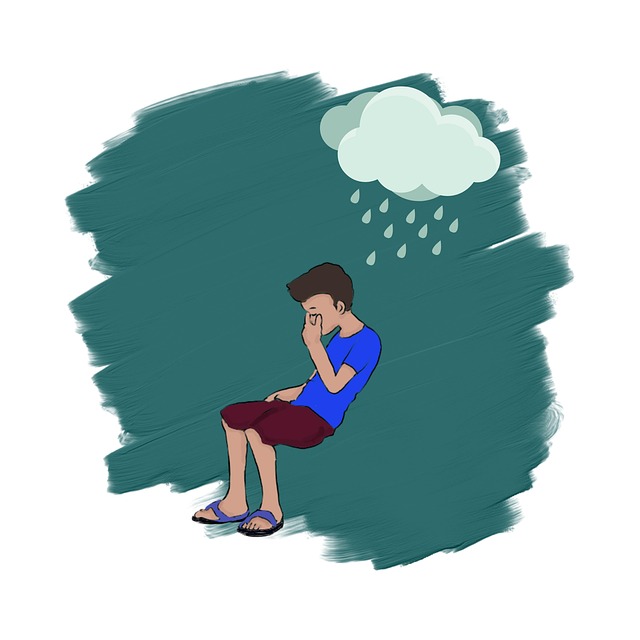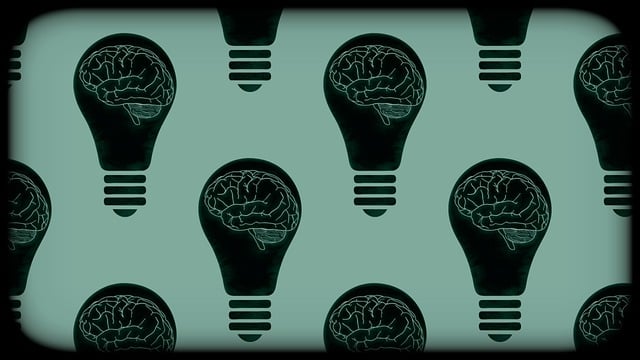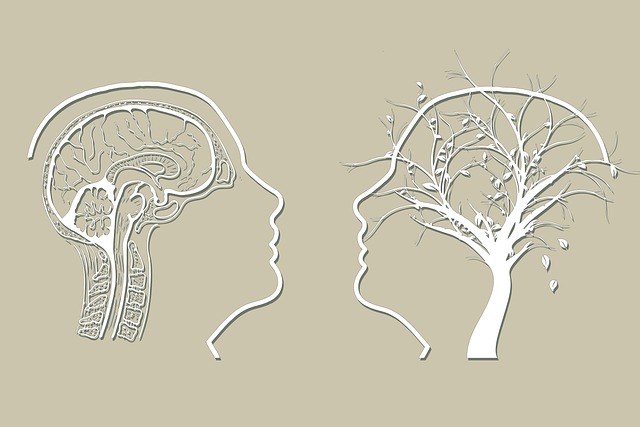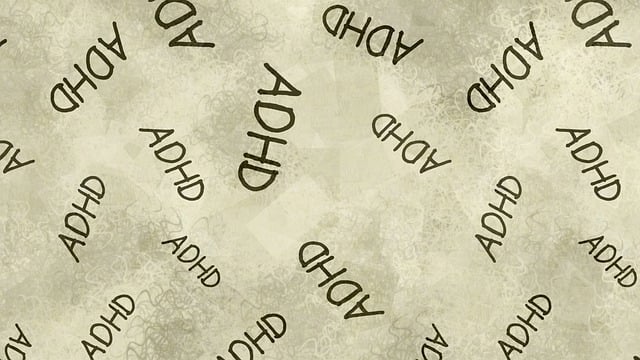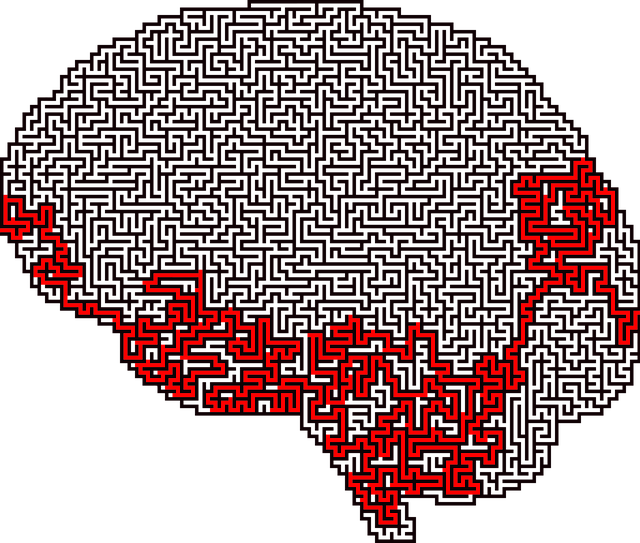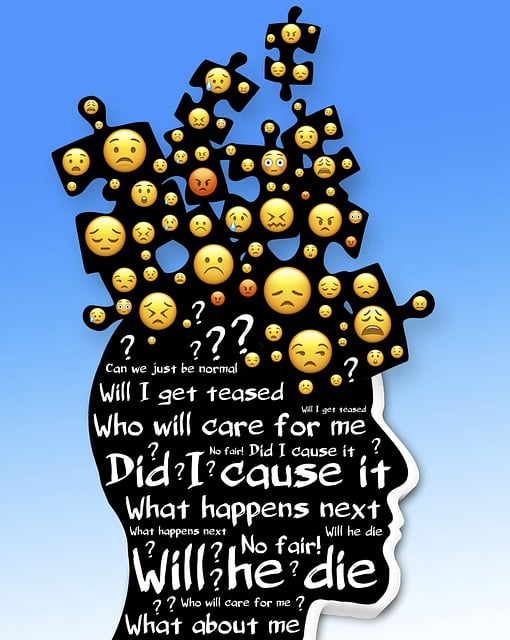In today's diverse society, cultural sensitivity is crucial in therapy for young children with developmental disabilities. Mental health professionals must recognize and respect each child's unique experiences shaped by their ethnic, racial, religious, and socioeconomic identities. By developing emotional intelligence, incorporating cultural awareness, and conducting thorough risk assessments tailored to cultural factors, therapists create safe, supportive environments fostering open communication, trust, and reduced stigma around mental health. This holistic approach enhances resilience through community outreach programs, improving therapeutic outcomes and empowering children to confidently navigate their mental health journeys with a sense of belonging.
In today’s diverse society, cultural sensitivity is paramount in mental healthcare. The field must adapt to navigate the unique needs of clients from various backgrounds. This article explores key aspects of providing culturally competent care, focusing on therapy for young children and individuals with developmental disabilities. We delve into understanding cultural diversity, its impact on therapy outcomes, effective communication strategies, and the transformative power of cultural competence training. By embracing these principles, mental health professionals can enhance their practice and better support diverse populations.
- Understanding Cultural Diversity in Mental Healthcare
- The Impact of Cultural Sensitivity on Young Children's Therapy
- Addressing Developmental Disabilities with Cultural Awareness
- Effective Communication Strategies for Diverse Populations
- Enhancing Practice through Cultural Competence Training
Understanding Cultural Diversity in Mental Healthcare

In today’s diverse society, mental healthcare practices must embrace cultural sensitivity to effectively support individuals from various backgrounds, including those with developmental disabilities. Understanding cultural diversity is essential in therapy for young children with special needs. Each client brings their unique experiences, beliefs, and expressions of distress shaped by their ethnic, racial, religious, and socioeconomic identities. Mental health professionals must recognize these nuances to deliver culturally competent care.
This involves developing emotional intelligence to navigate the complex interplay of culture and mental health. By incorporating cultural awareness in therapy sessions, professionals can foster the coping skills development necessary for children with developmental disabilities. Additionally, a thorough risk assessment that considers cultural factors is crucial for identifying and mitigating potential risks within this sensitive practice area.
The Impact of Cultural Sensitivity on Young Children's Therapy

Cultural sensitivity plays a pivotal role in the therapeutic process for young children, especially those with developmental disabilities. In many communities, cultural beliefs and practices significantly influence a child’s mental health and well-being. Therapists who understand and respect these nuances can create a safe and supportive environment, fostering open communication and building trust. This is particularly crucial when addressing sensitive topics related to mental illness, as it helps reduce the stigma often associated with seeking help.
By incorporating cultural sensitivity, therapy sessions become more effective in meeting the unique needs of diverse young patients. For instance, community outreach programs that involve families and caregivers can enhance resilience by providing support systems and promoting understanding. This holistic approach not only improves therapeutic outcomes but also empowers children to navigate their mental health journeys with increased confidence and a sense of belonging.
Addressing Developmental Disabilities with Cultural Awareness

In providing therapy for young children with developmental disabilities, cultural awareness is paramount. Each child’s background and experiences are shaped by their unique cultural context, influencing their behavior, communication styles, and perceptions of mental health. Therapists must be attuned to these nuances to offer culturally sensitive care. For instance, certain communities may have specific beliefs about the causes of developmental differences, and understanding these perspectives is crucial for building trust and fostering effective treatment plans.
By integrating cultural awareness into therapy sessions, professionals can tailor stress reduction methods to be inclusive and respectful. This might involve incorporating traditional healing practices or adapting activities to align with the child’s cultural identity. Moreover, a focus on inner strength development, as discussed in our popular mental wellness podcast series production, can empower children from diverse backgrounds to embrace their unique capabilities while navigating any challenges.
Effective Communication Strategies for Diverse Populations

Effective communication is a cornerstone of successful mental healthcare, especially when working with diverse populations. Therapists must adapt their approach to ensure every client feels heard and understood, regardless of cultural background or unique challenges. For instance, when treating young children with developmental disabilities, therapists should employ simple, concrete language and non-verbal cues to enhance comprehension. Visual aids, stories, and play can create a supportive environment that encourages open dialogue.
Incorporating strategies like Social Skills Training and Emotional Intelligence development can further benefit clients from diverse backgrounds. By teaching coping skills tailored to individual needs, therapists empower individuals to navigate cultural and personal barriers effectively. This personalized approach fosters trust and strengthens the therapeutic alliance, ultimately enhancing the effectiveness of therapy for young children and those with developmental disabilities.
Enhancing Practice through Cultural Competence Training

Cultural competence training is a cornerstone in enhancing mental healthcare practices, especially when working with young children and those living with developmental disabilities. This specialized training equips therapists and healthcare providers with the knowledge and skills to navigate cultural differences and create inclusive environments. By understanding the diverse backgrounds of their clients, professionals can tailor therapeutic approaches, ensuring effective treatment for all.
Incorporating cultural sensitivity fosters a safe and supportive atmosphere, encouraging open communication. This is particularly beneficial for young children who may struggle to express themselves verbally. Therapists trained in cultural competence are better equipped to utilize play therapy or other creative methods that respect and incorporate the child’s cultural context. Moreover, such training promotes self-esteem improvement and mental wellness coaching programs, addressing the unique needs of diverse populations within the healthcare setting, and preventing potential burnout among providers.
Cultural sensitivity is a cornerstone of modern mental healthcare, profoundly impacting outcomes for diverse populations, especially young children and those with developmental disabilities. By embracing cultural awareness and effective communication strategies, therapists can create inclusive environments that foster trust and understanding. Continuous training in cultural competence enables professionals to navigate complex landscapes, ensuring every client receives personalized care tailored to their unique background and needs. This approach not only enhances therapeutic outcomes but also contributes to a more equitable and accessible mental healthcare system.

